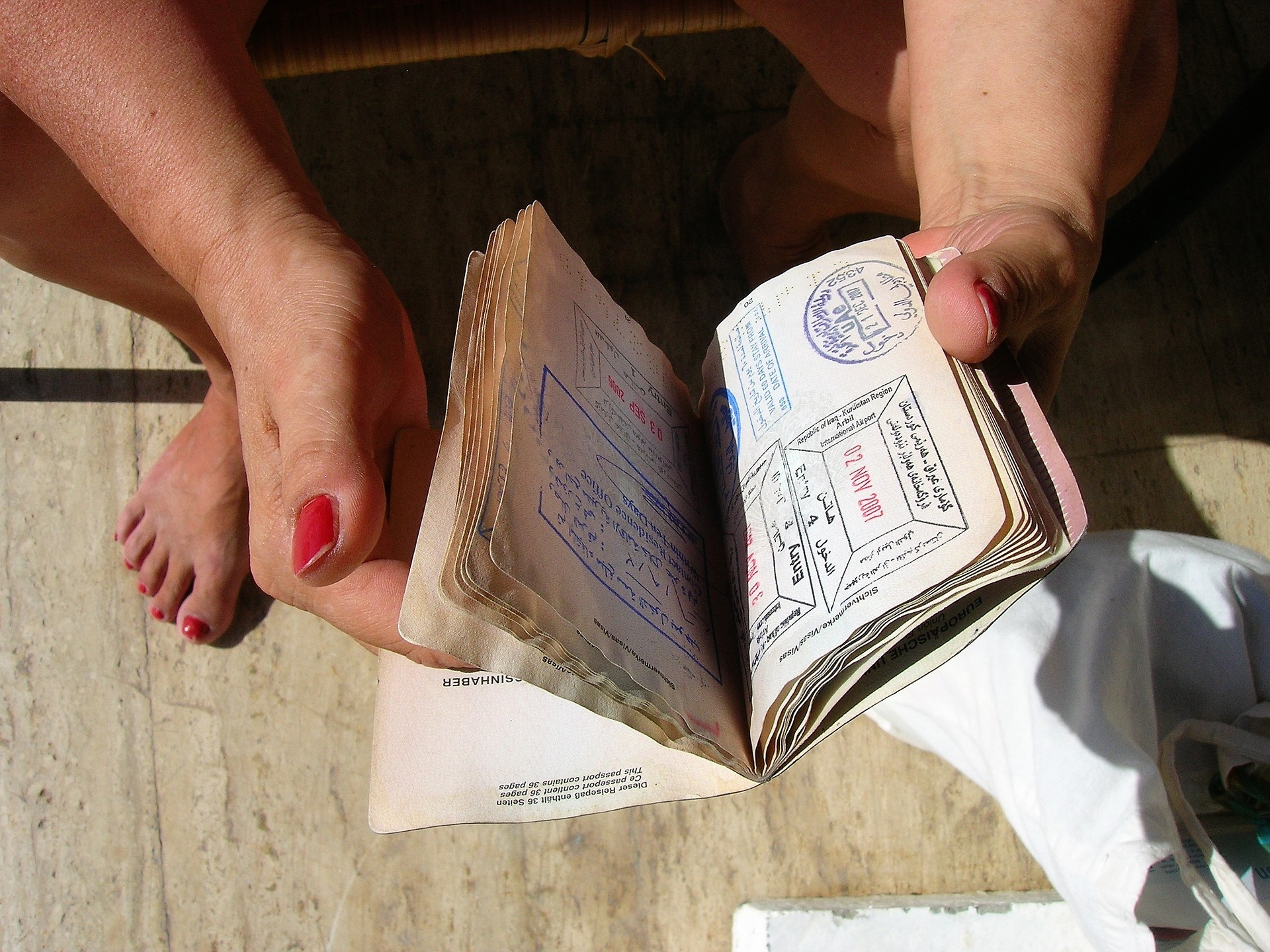Roadblocks that I've encountered re-establishing my life abroad.
For me, the most important part of any great adventure is the planning process itself. When I was planning my return to Switzerland, I knew it would be full of paperwork and visits to various offices. To a certain extent, I was actually quite confident that I knew what I was doing. It was only when I arrived in the country—armed with my document wallet—that I realized just how much of the process was out of my control.
No matter how organized or confident you are, many things can get in the way of your carefully thought-out plan of action and you might not have the perfect solution.
Here are a few roadblocks that I’ve encountered as I’ve tried to establish my life abroad.
Documents
While I can only speak for Switzerland, I’m sure the visa process in other countries can be just as long and complex. You will be asked to provide more documents than anyone could possibly need; you might not even have some of them. If you are asked for any information that you don’t have access to straight away, my advice would be to keep the officials informed that you are working to get the documents. They will appreciate your honesty and think you are a lot more genuine than if they have to chase you for documents.
Visa drama
You’ve gathered all the required documents, waited weeks for a reply, and the coveted envelope finally comes through the door. You eagerly open it only to find you’ve been granted a visa that is shorter than you’d hoped for. What do you do?
As a young adult, learning how to do paperwork is daunting. When you don’t know the standard procedures in a country, it can seem like an even bigger task.
Well, the reality is that there is little—if anything—you can do. The thing to remember is not to take it personally. The officers at the visa office don’t know you so their decision is only made on the facts they have. There are rules they have to follow and no amount of sweet talk or explanations about your private life will change that. Yes, it’s a bit annoying, but surely a short-term visa is better than no visa at all?
Meetings as a foreign national
Contacting or visiting offices as an immigrant often makes me feel like a criminal. I know that I should be treated as an equal, but I’m always scared to give them the wrong answer and get into trouble.
Learning how to do paperwork and official meetings as a young adult is daunting for most people, but when you don’t know the standard procedures in the country, it can seem like an even bigger task.
When I find myself faced with a new life admin task, I always tell the truth and try to give as much information as I can. Again, your genuine answers will be appreciated and everything will be done correctly, which will also keep you in the authority’s good books.
Office hours and holidays
Even with the best-laid plans, if an office is closed then you cannot submit the paperwork or ask the question. End of.
For me, this is one of the most frustrating things, because once I have an idea or a plan in my head, I want it done right at that moment. To settle my nervous mind, I tell myself the same two things over and over: (1) it will get done at some point and (2) you cannot be blamed if something was not done because the office was closed.
Unexpected offers
Feeling settled—really really settled—in a new country can take time, especially if you have a fixed-term job contract and a short-term visa.
I was just beginning to feel settled and then my plans were turned upside down in the best way possible. Sometimes things don’t go to plan and I’m learning to go with it—but it’s not always easy to decide whether to grab the bull by the horns or take the easy option.
My advice would be to think long-term; if the comfortable choice will help your future plans then great, stay with it. But if you know the unexpected turn of events could really turn your career around for the best, then you know what to do.
